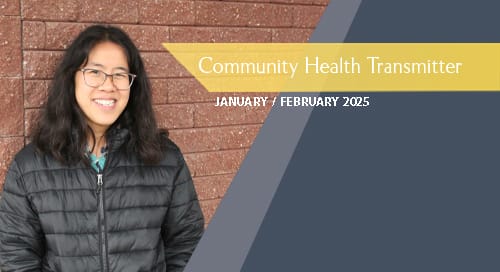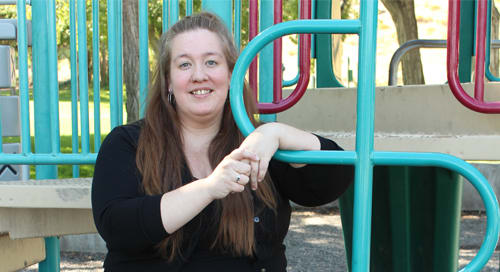Caregiving Essentials: What Matters Most

Caregiving Essentials: What Matters Most
BY MARY LYNN MERRIMAN
While the exact number may be difficult to determine, nearly 4 in 10 Americans are caring for a loved one. A recent report by the Alzheimer’s Association indicates over 15 million family members are currently caring for a person with Alzheimer’s or another dementia. Both numbers will likely increase with the aging of the country’s population.
These caregivers may spend nearly the equivalent of a full-time job each week providing needed day-to-day support and managing complex care tasks for family members with chronic, disabling, or serious health conditions. Meanwhile, many are juggling paid jobs, raising children, and other responsibilities.
Being a caregiver has many benefits and can be a privilege and a rewarding experience. Caregivers can generate a stronger bond with the person they care for.
Nevertheless, even in the best of circumstances, caregiving at times can be overwhelming, particularly because caregivers often find themselves in the role without advance notice or adequate preparation.
Setting priorities as well as finding resources and support are important in helping navigate the caregiving role, according to Pamela D. Wilson, an international caregiving expert, advocate, and speaker.
“As most caregivers know, it affects everything because you’re trading parts of your life to spend time caring for a parent or your spouse, or possibly a child with a disability,” she said. “There’s often just no way to predict all of what’s ahead.”
According to Pamela, who is the featured speaker at Kadlec’s 13th annual Caregiver Conference on October 11, “Caregiving is hard; it’s important to have as much information and help along the way as possible.”



